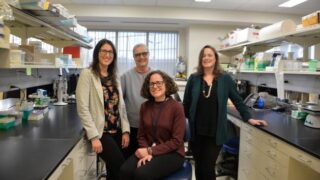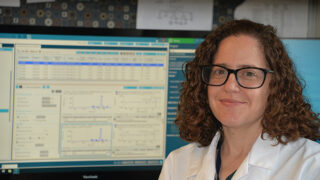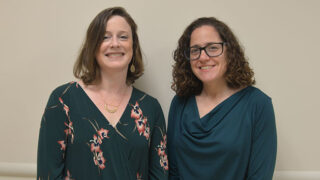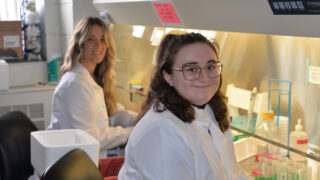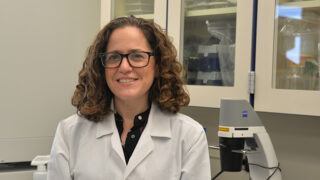Areas of Study
Atherosclerosis and aging
Education
- Columbia University2015Post doctoral fellowship
- Harvard Medical School2011Post doctoral fellowship
- Boston University2009PhD
Research
Overall mission: To identify cellular and molecular mechanisms underlying failed endogenous resolution programs in atherosclerosis and aging
To meet this mission, Dr. Fredman is the principal investigator of an NIH-funded research laboratory and has collaborations with experts around the globe.
Atherosclerotic cardiovascular disease (CVD) is the leading cause of death in the industrialized world. Studies over the last decade suggest that failed resolution of a chronic inflammatory response is an important driving force in the progression of atherosclerosis. Mechanisms underlying failed resolution in atherosclerosis are largely unknown.
The resolution response is in part mediated by specialized pro-resolving mediators (SPMs), which are endogenous lipid mediators actively generated during inflammation. SPM families include lipoxins, resolvins, protectins, and maresins and are biosynthesized from lipoxygenase- and cyclooxygenase-initiated mechanisms. SPMs each possess distinct structures that bind and activate select cell surface receptors. Dr. Fredman's lab is investigating the role of SPMs in atherosclerosis.
Dr. Fredman's research focuses on two questions that encompass vital gaps in our knowledge of a major human killer and addressing them will suggest new therapeutic strategies that are complementary to those that currently exist:
1) what are the endogenous mechanisms underlying dysregulated resolution programs in atherosclerosis and aging ?
2) what mechanism-based treatment strategies can be conceived to initiate resolution when it fails?
Publications
View Gabrielle Fredman's articles on the National Institute of Health's PubMed website.
